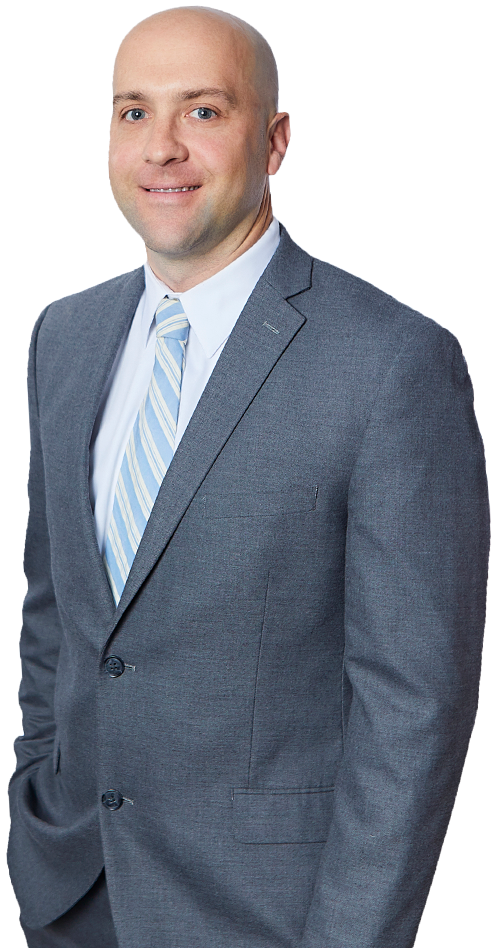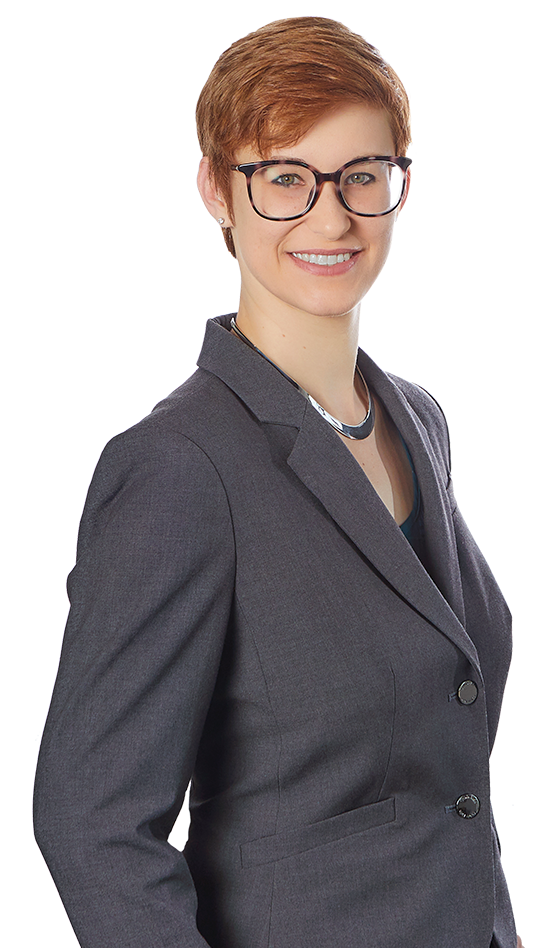

The COVID-19 Public Health Emergency Ends on May 11, 2023: What Telehealth Prescribers Need to Know
Providers working for telehealth companies can currently prescribe schedule II-V medications via telehealth by adhering to the federal guidelines below and calling prescriptions into the patient’s pharmacy. This avenue remains open at least until May 11, 2023[1], due to the COVID-19 Public Health Emergency (“PHE”) and the public emergency exception contained within the Ryan Haight Pharmacy Consumer Protection Act of 2008 (“RHA”).[2]
[1] H.R. 382, A bill to terminate the public health emergency declared with respect to COVID-19, STATEMENT OF ADMINISTRATION POLICY, EXECUTIVE OFFICE OF THE PRESIDENT OFFICE OF MANAGEMENT AND BUDGET (Jan. 30, 2023), https://www.whitehouse.gov/wp-content/uploads/2023/01/SAP-H.R.-382-H.J.-Res.-7.pdf.
[2] The RHA was intended to stop controlled substances sales through online pharmacies by requiring an in-person examination of any person seeking a prescription for such substances. See 21 U.S.C. § 802, (available at https://www.congress.gov/110/plaws/publ425/PLAW-110publ425.pdf).
